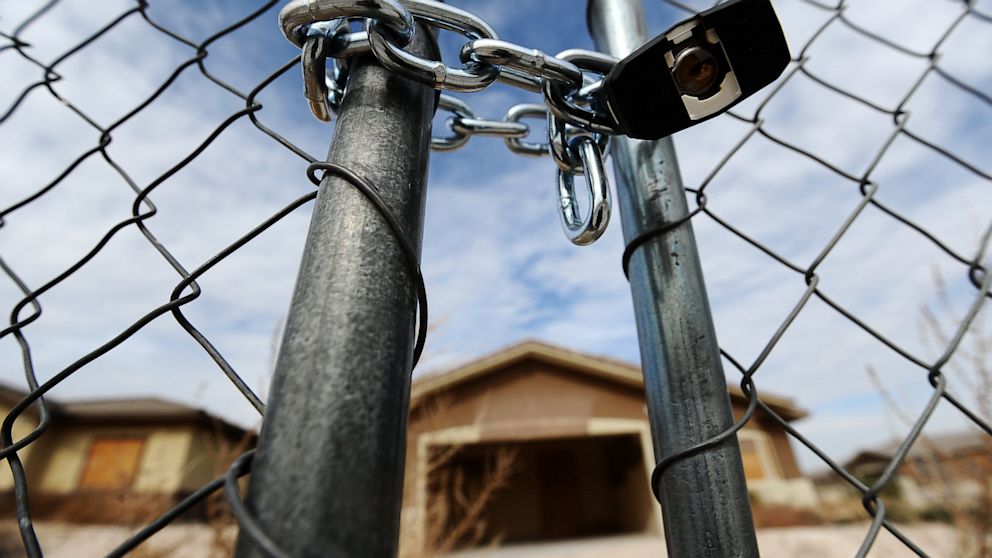Poverty Isn't Just in City Ghettos; It's Hit the Land of Picket Fences, Too
Poverty isn't just in city ghettos; It's hit the land of picket fences, too.

Aug. 13, 2013— -- Poverty is often associated with inner city ghettos, fenced-off projects, or neighborhoods ridden with vice and crime. But the fastest growing poor population actually resides in the land of minivans, picket fences, and big box stores: suburbia.
According to a recent Brookings Institution analysis, major metropolitan suburbs became home to the largest and fastest-growing poor population in the country in the 2000s. Poverty levels increased in nearly every congressional district in the nation, hitting Republican and Democratic districts alike.
So why is poverty moving beyond major city limits?
The authors of that analysis lay out several triggers in a recent book, Confronting Suburban Poverty in America:
Decentralization of Poverty - Some of it has to do with the fact that in the 1970s, 80s, and even 90s, there was a concerted effort to decentralize poverty. Poor families received housing vouchers to move out of city projects and into suburbs. The idea was to move people away from crime and into better schools and housing, but it didn't always work out that way.
Job loss - The most obvious reason is job loss. Manufacturing jobs that kept suburbs around Chicago, Detroit, Milwaukee, and other cities vibrant have disappeared. They've been replaced by low-wage jobs in industries like retail that have been hard hit by the recent economic decline. Workers have lost jobs, which translates to lost income.
Suburban demographics are changing - Suburbs have never been entirely middle-class, but the share of people who hold low-wage jobs is increasing. Industries like construction, retail and hospitality have expanded in suburbs and drawn families to fill those positions that otherwise might have lived in cities. When the economy tanked, workers lost those jobs and families that had been getting by fell into poverty. Immigrants, too, increasingly choose to move to suburbs, the authors found, which has contributed to the swelling suburban poor population.
Aging Population - The nation's suburbs were new and shiny following World War II and the novelty and promise proved irresistible to millions of families. But many of the nation's first suburbs, especially those in the Midwest and Northeast, have aged and fallen into disrepair. So have the people who first populated those suburbs. The manufacturing and industrial jobs that drew workers 50 or 60 years ago have disappeared but an aging and struggling population remains. Houses and schools are older and young families looking to move to suburbs have picked newer towns. That's left aging towns with struggling commercial districts and little to no population growth.
Housing - The housing market crash wrought havoc on suburbs across the country, hitting areas around Las Vegas, Phoenix, Atlanta and Charlotte especially hard. As an article in The Economist noted, "During the sub-prime bubble, many people with bad credit scores got mortgages and moved to the suburbs. A shift towards housing vouchers and away from massive urban projects encouraged people in subsidized housing to make the same move."
In addition, people perceive poverty as urban or rural, not as suburban. Lawmakers quite simply aren't focused on the issue. So policies haven't caught up to reality.




